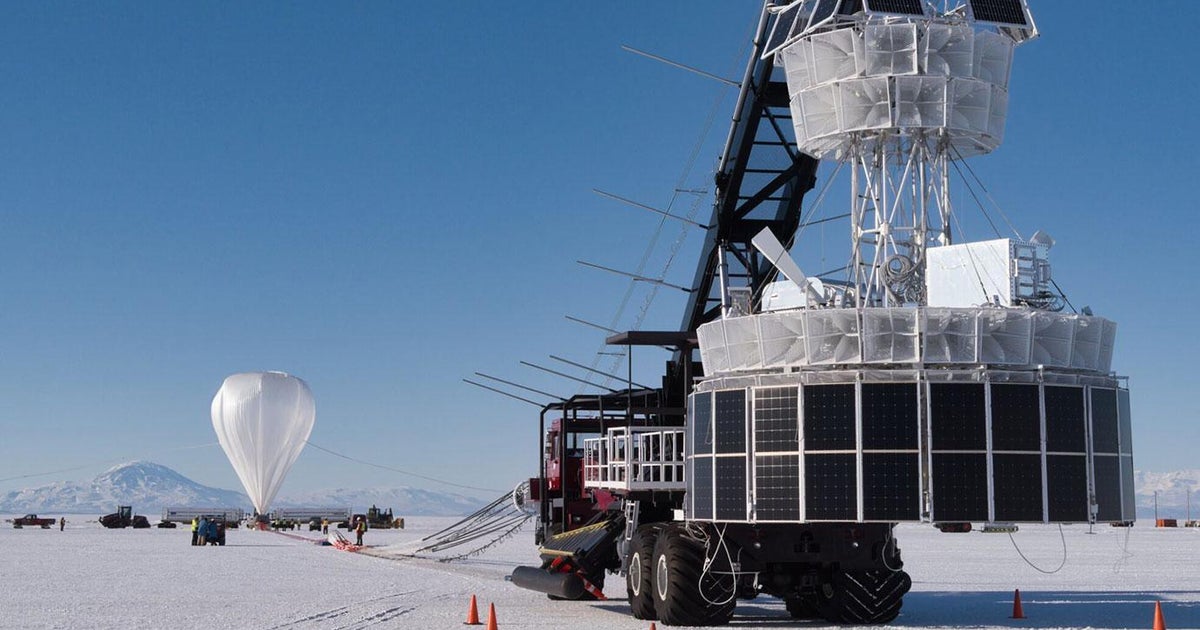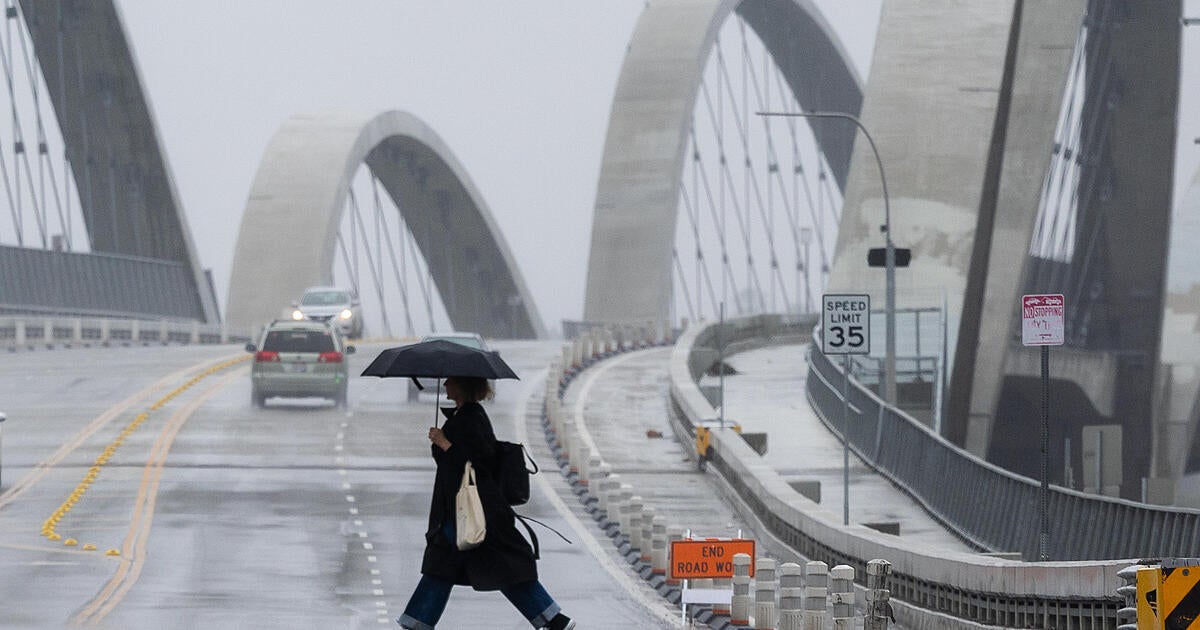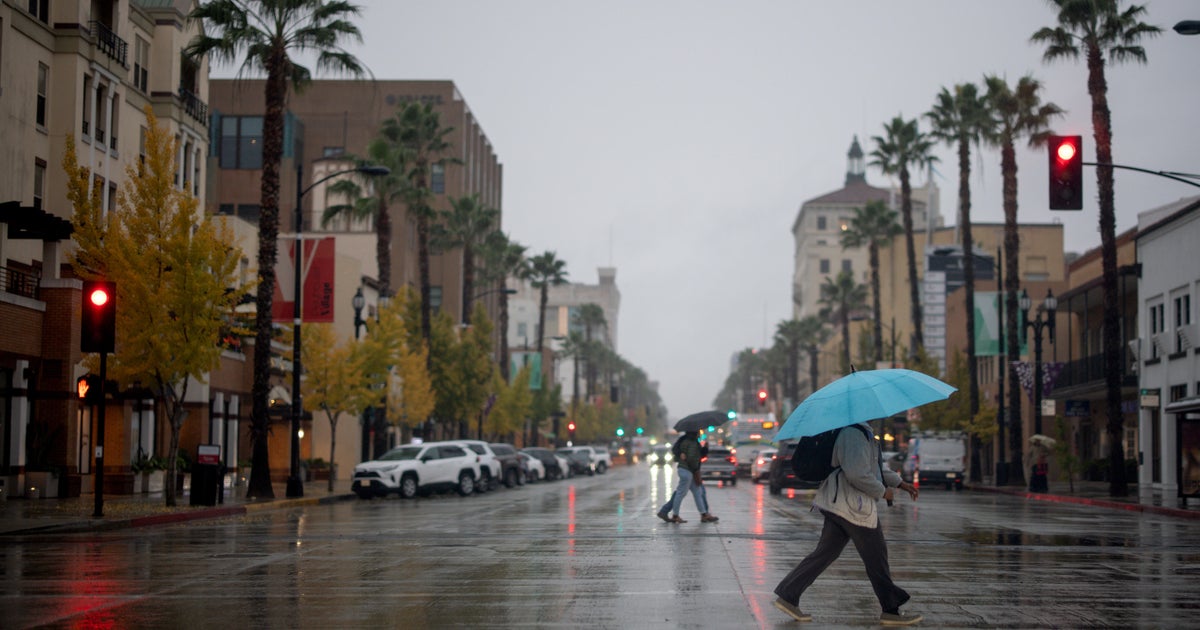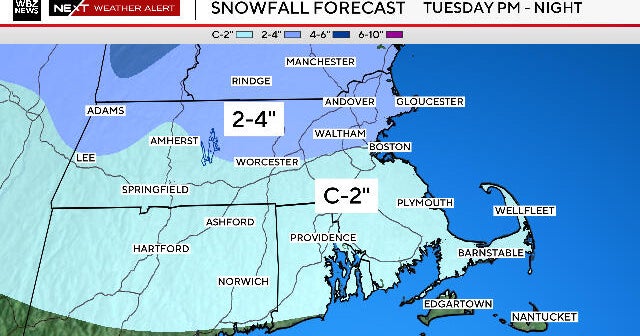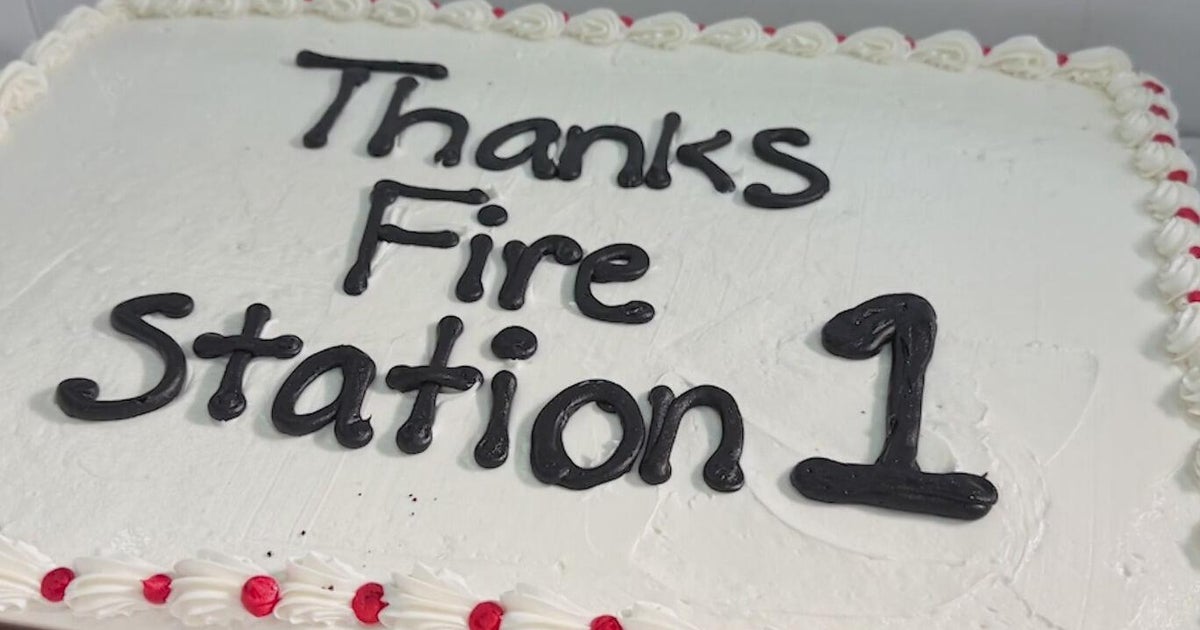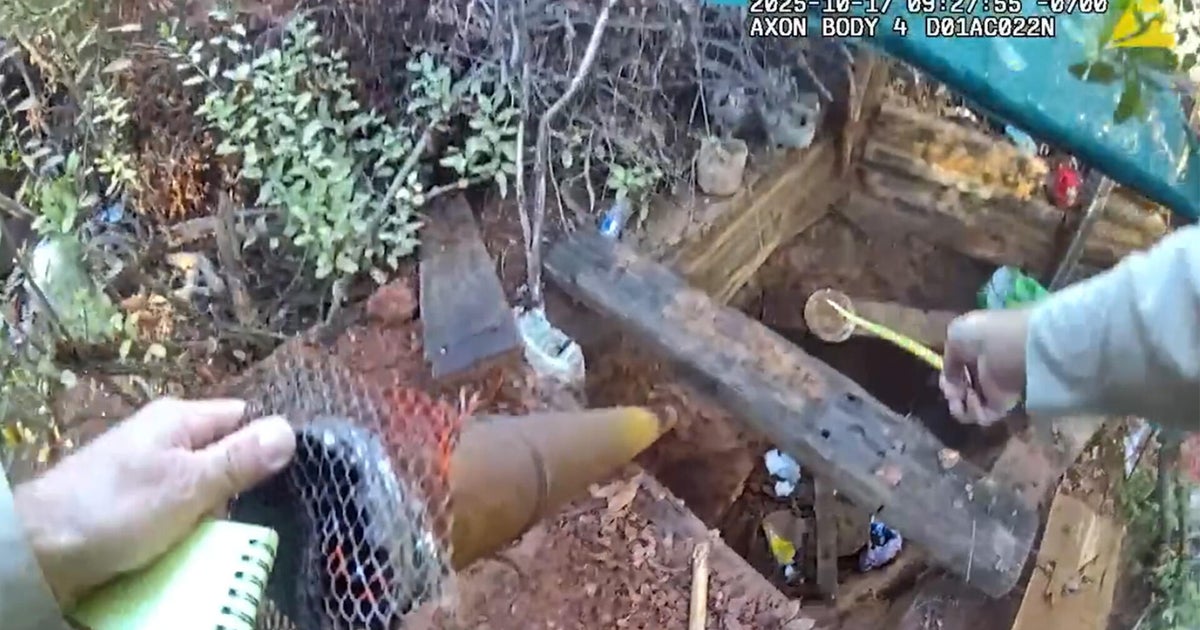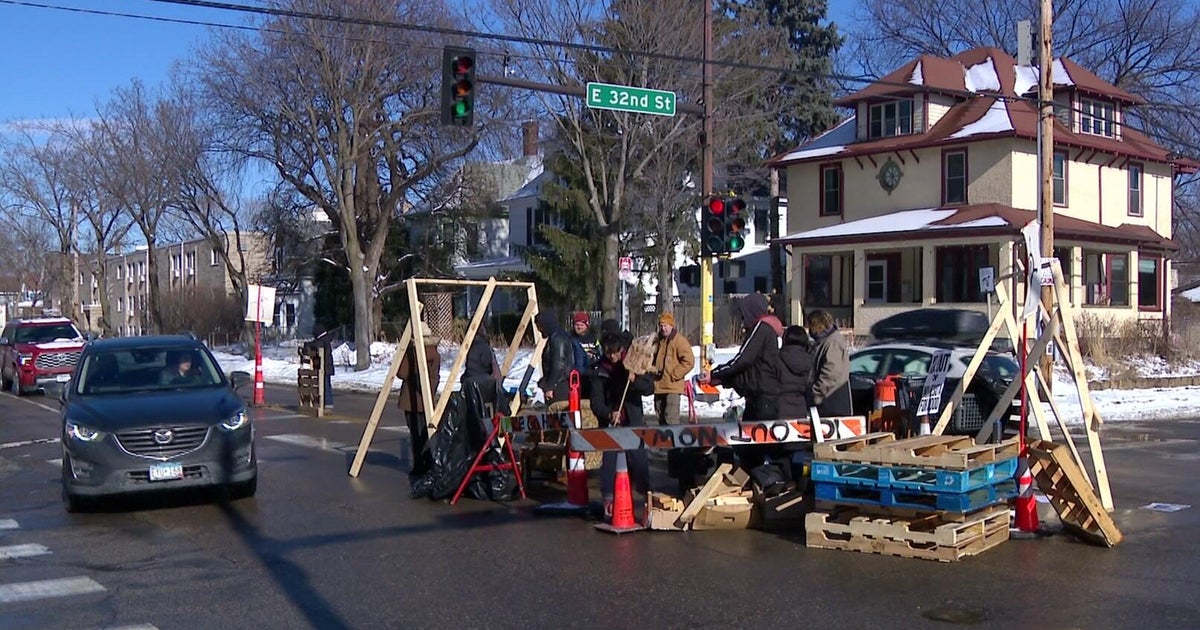SpaceX Dragon Returns to Earth With Precious Science Load
CAPE CANAVERAL, Fla. (AP) — A SpaceX capsule returned to Earth on Wednesday with precious science samples from NASA's one-year space station resident.
Less than six hours after leaving the International Space Station, the Dragon cargo carrier plopped into the Pacific, a few hundred miles off the Southern California coast. SpaceX reported a good splashdown, with three red-and-white striped parachutes slowing the final descent.
The Dragon had been at the station for a month, dropping off supplies as well as an experimental, inflatable room that will pop open in two weeks. It was set free by the station's big robot arm.
British astronaut Timothy Peake bid farewell to Dragon on behalf of the station's entire six-man crew.
"Dragon spacecraft has served us well, and it's good to see it departing full of science," Peake radioed from 250 miles up. "We wish it a safe recovery back to Planet Earth."
Nearly 4,000 pounds of items fill the Dragon, including blood and urine samples from astronaut Scott Kelly's one-year mission. Kelly returned to Earth in March and has since retired from NASA. Researchers will use the medical specimens to study how the body withstands long journeys in space, in preparation for an eventual mission to Mars in the 2030s.
Also on board: a spacesuit that leaked water into an astronaut's helmet in January, forcing an early end to a spacewalk. Engineers want to examine the suit to see what might have gone wrong.
It is SpaceX's first return trip for NASA in a year. A launch accident last summer grounded the California-based company for months.
SpaceX's Dragon is the only station supply ship that returns to Earth. The other capsules — Orbital ATK's Cygnus and Russia's Progress — are filled with trash and burn up on re-entry.
It's the company's eighth return flight from the station since 2012.
The Falcon rocket that launched this Dragon back on April 8 is now in a hangar at Cape Canaveral, Florida — awaiting another flight.
Rather than getting dumped in the ocean as is customary for launch companies, the Falcon's first-stage booster flipped around after performing its job and flew to a vertical landing on a barge floating in the Atlantic. It was the first successful rocket touchdown at sea. A second booster touched down safely at sea last Friday following a satellite delivery.
SpaceX chief Elon Musk wants to recover and reuse his rockets to drive down costs.
Copyright 2016 The Associated Press. All rights reserved. This material may not be published, broadcast, rewritten or redistributed.
